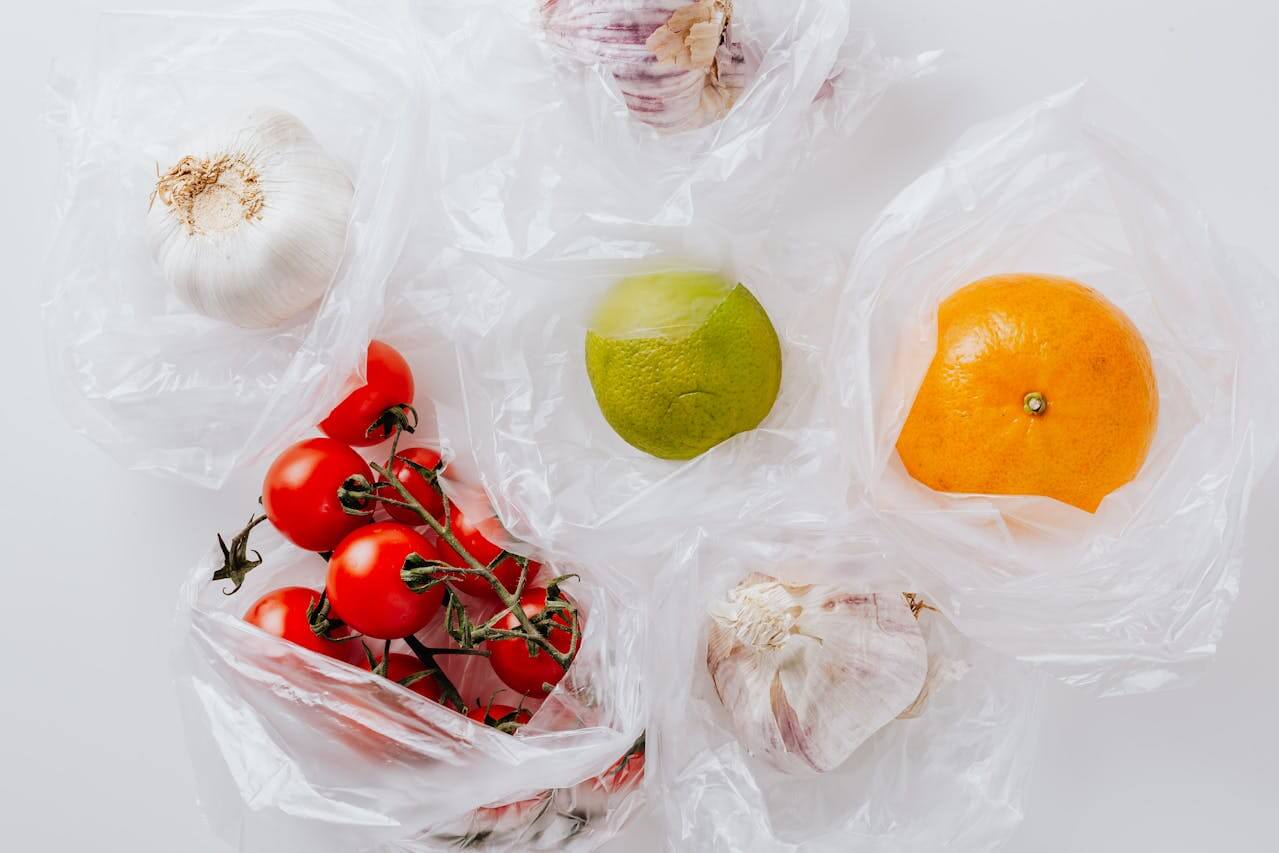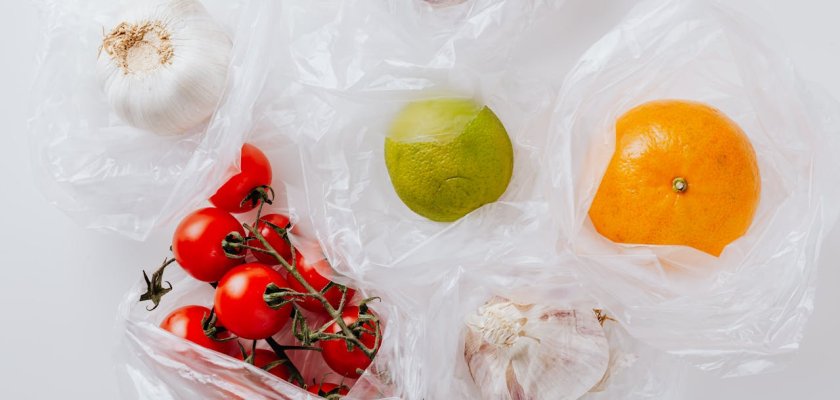Understanding the Impact of Food Waste
What If the Food You Throw Away Could Change Your Life?
Every day, we toss out scraps of leftovers, expired groceries, or uneaten meals without much thought. But what if that waste held more than just environmental consequences? What if reducing food waste could actually lead to greater mindfulness, better habits, and personal growth?
Globally, a staggering one-third of all food produced ends up wasted—amounting to 1.3 billion tons each year. This isn’t just a matter of overflowing landfills; food waste is a major contributor to greenhouse gas emissions, squandering valuable resources like water, energy, and labor. But beyond its environmental impact, food waste reflects how disconnected we’ve become from the value of what we consume.
Learning to manage our food waste—especially through simple practices like food waste collection—offers us more than a cleaner conscience. It opens the door to a more intentional way of living.

Food Waste Collection as a Mindfulness Practice
What if throwing away food became an act of reflection instead of routine? Food waste collection offers a chance to rethink our relationship with food. By separating food scraps for composting or designated council services, we transform a typically unconscious act into a moment of awareness.
Each time we sort our leftovers or peelings, we’re prompted to ask: Why did this go uneaten? Could it have been used differently? Could I plan better next time? These questions cultivate mindfulness—not just in the kitchen, but in everyday life. As we become more deliberate with our food, we naturally become more present, grateful, and intentional in other areas. We eat with more care, shop with more clarity, and waste less in every sense.
Over time, food waste collection can become a grounding daily ritual—one that reminds us to slow down, pay attention, and live with more purpose.
Building Better Habits Through Conscious Waste Management
Implementing food waste collection at home doesn’t just help the planet—it builds better personal habits. When we commit to managing our waste, we begin to develop new patterns of thinking: we plan meals more thoughtfully, store food more efficiently, and shop with greater restraint. This reduces the common cycle of overbuying and underusing, which often leads to food spoilage.
Moreover, these habits ripple into other aspects of our lives. Meal planning, for example, fosters time management and reduces decision fatigue throughout the week. Organizing a food waste bin reinforces a sense of structure and discipline in your household. Even small acts—like labeling leftovers or freezing excess ingredients—can build the muscle of foresight and intentionality.
And as these positive patterns take root, we gain something more than a tidy fridge—we gain control over our choices. Conscious waste management becomes a practice in self-leadership, encouraging us to live more efficiently, deliberately, and sustainably.
From Sustainability to Self-Growth
Food waste reduction isn’t just an environmental act—it’s an act of alignment. When your personal habits reflect your deeper values, you create integrity between who you are and how you live. Choosing to compost, sort, and reduce food waste supports sustainability, but it also reinforces traits like responsibility, foresight, and empathy.
Think of each composted apple core or repurposed leftover as a small vote for the kind of person you want to be—someone who doesn’t turn a blind eye to impact, but chooses action over apathy. These tiny decisions add up, not just in reducing methane emissions or saving landfill space, but in cultivating a mindset of long-term thinking.
This mindset spills over into our careers, relationships, and sense of purpose. Being mindful of waste teaches us to be mindful of time, energy, and attention. We start to consume less and appreciate more. In this way, sustainability and self-development go hand in hand—one nurturing the other.
Final Thoughts: Turning Waste into Worth
Food waste collection may seem like a small act, but its ripple effects are profound. It encourages us to think more deeply about our choices, to plan more effectively, and to live with greater intention. As we shift our mindset from convenience to consciousness, we discover that reducing waste isn’t just about helping the environment—it’s about transforming ourselves.
By paying closer attention to what we discard, we begin to value what we have. We become more grateful, more aware, and more connected to the world around us. Whether you’re aiming to simplify your life, build better habits, or leave a lighter footprint, food waste collection is a powerful place to start.
Because when we stop wasting food, we start reclaiming something far more valuable: our intention, our growth, and our ability to live with purpose.

